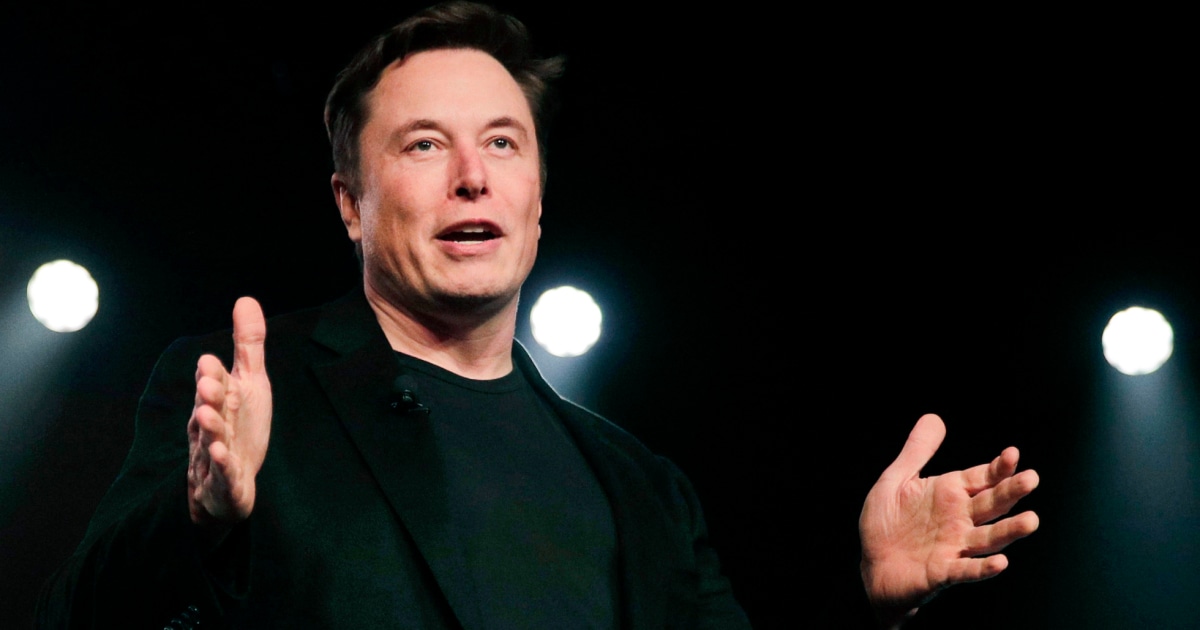Summary:
Charlie Javice convicted of defrauding JPMorgan Chase out of $175 million.
Javice exaggerated her customer base from 300,000 to over four million.
The startup Frank aimed to simplify the FAFSA application process.
Defense claims JPMorgan was aware of the real customer numbers.
This case reflects a trend of fraud among young tech executives.
Charlie Javice's Conviction
NEW YORK (AP) — Charlie Javice, the founder of Frank, a financial aid startup aiming to transform the college application process, was convicted of defrauding JPMorgan Chase out of $175 million by inflating her customer base by tenfold. The jury in New York City reached its verdict after a five-week trial, and Javice, now 32, may face a lengthy prison sentence.
The Rise and Fall of Frank
Javice launched Frank in her mid-20s, marketing it as a solution to simplify the Free Application for Federal Student Aid (FAFSA). The startup claimed to help financially needy students access aid more efficiently, charging a few hundred dollars for its services. Her appearances on major media platforms, including being featured on Forbes’ “30 Under 30” list, helped elevate Frank's profile, leading to JPMorgan's acquisition of the startup in 2021.
The Fraud Allegations
During the trial, JPMorgan executives testified that Javice falsely claimed to have over four million clients, projecting to reach 10 million by year-end. In reality, she only had about 300,000 customers. Her defense attorney argued that JPMorgan was aware of the true customer count and fabricated fraud claims out of buyer’s remorse after regulatory changes rendered the data less valuable.
Key Testimonies
Javice's defense team sought to have the verdict overturned, asserting that evidence was insufficient for conviction. Meanwhile, Olivier Amar, Frank's chief growth officer, was also convicted for inflating customer numbers. Testimonies revealed that Javice had requested synthetic data to support her claims and even paid a college acquaintance $18,000 to create fake customer identities, which were then used to mislead a third-party data provider hired by JPMorgan.
Defense Claims
Javice’s lawyer claimed that JPMorgan knowingly accepted the deal, and the actual customer numbers were in the hundreds of thousands, not millions. Javice, who had been out on $2 million bail since her arrest in 2023, faced her conviction with apparent despondency as the jury delivered their decision.
Broader Context
Javice's case aligns with a troubling trend among young tech executives who rose to fame only to face scrutiny and legal challenges over their companies' practices. Similar to cases involving figures like Elizabeth Holmes and Sam Bankman-Fried, the fallout raises questions about integrity and transparency in the startup ecosystem.







Comments